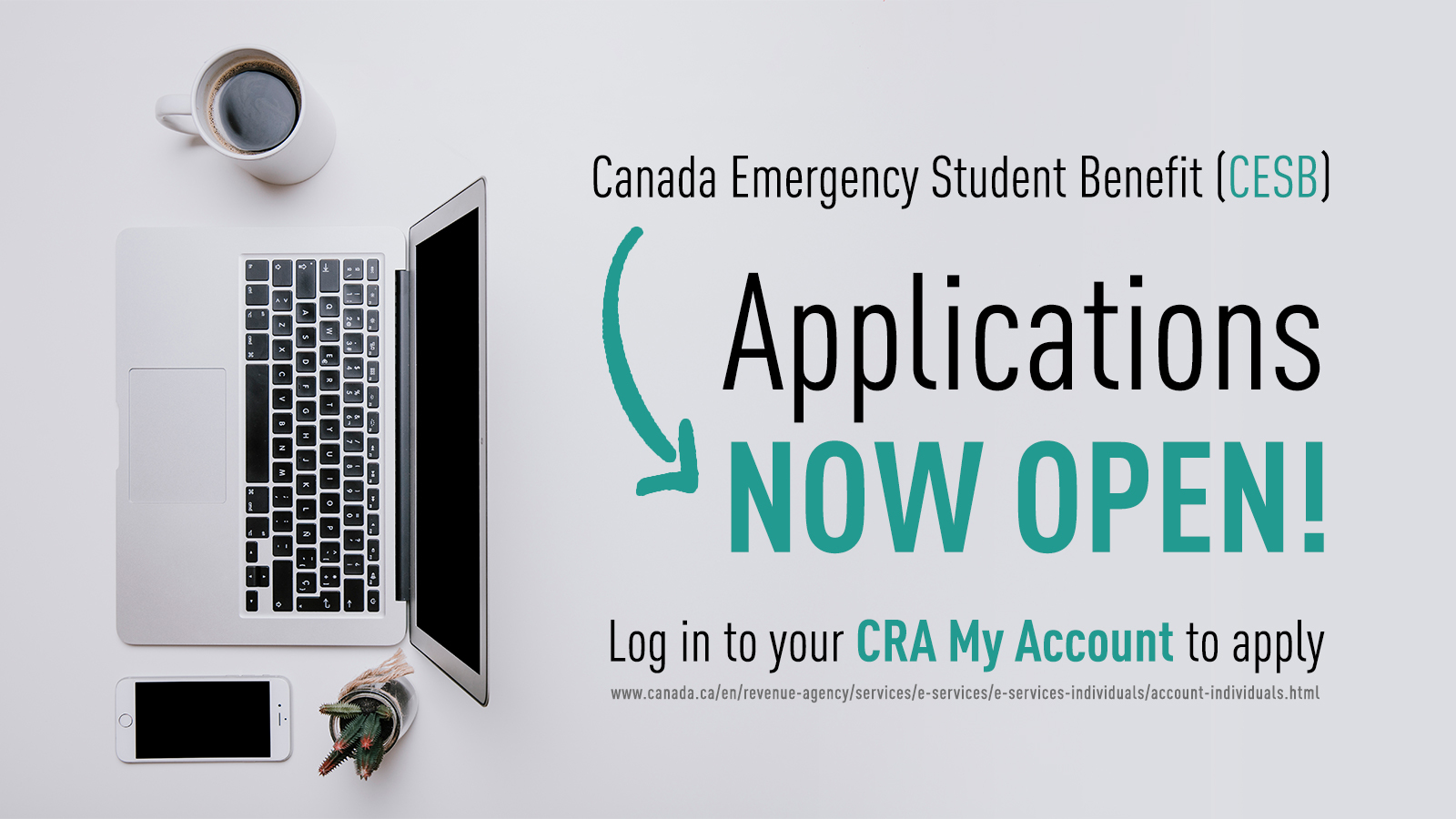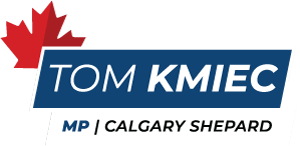- April 28, 2020
- Posted by: Kieran Moloney (Ottawa)
- Category: COVID19

Effective March 30, the government is placing a six-month interest-free moratorium on the repayment of Canada Student Loans for all student loan borrowers. No payment will be required and interest will not accrue during this time.
Students do not need to apply for the repayment pause.
Learn more about the moratorium on the repayment.
Alberta Student Aid information: https://studentaid.alberta.ca/
Changes to the Canada Student Loans Program
The federal government is proposing changes to the Canada Student Loans Program (CSLP) to allow more students to qualify for support and be eligible for greater amounts.
The changes would include:
♢ Doubling the Canada Student Grants for all eligible full-time students to up to $6,000 and up to $3,600 for part-time students in 2020-21. The Canada Student Grants for Students with Permanent Disabilities and Students with Dependents would also be doubled.
♢ Broadening eligibility for student financial assistance by removing the expected student’s and spouse’s contributions in 2020-21.
♢ Raising the maximum weekly amount that can be provided to a student in 2020-21 from $210 to $350.
♢ More details to come.
CANADA EMERGENCY STUDENT BENEFIT

The Canada Emergency Student Benefit (CESB) provides financial support to post-secondary students, and recent post-secondary and high school graduates who are unable to find work due to COVID-19.
This benefit is for students who do not qualify for the Canada Emergency Response Benefit (CERB) or Employment Insurance (EI).
From May to August 2020, the CESB provides a payment to eligible students of $1,250 For each 4-week period or $2,000 For each 4-week period, if you have dependents or a disability.
If you are able to work, you must be actively looking for work to be eligible to receive the CESB. If you still cannot find work due to COVID-19, you can re-apply for each CESB eligibility period that you are eligible for.
If you have already applied, or are receiving support from the Canada Emergency Response Benefit (CERB) or Employment Insurance (EI) you are not eligible to apply for the CESB.
Payments will be made through the Canada Revenue Agency.
Canada Summer Jobs program
The government has announced temporary changes to the Canada Summer Jobs program that will help employers hire summer staff and provide young Canadians access to the jobs they need during this unprecedented time. This program will help create up to 70,000 jobs for youth between 15 and 30 years of age.
The temporary changes to the program for this year include:
• An increase to the wage subsidy, so that private and public sector employers can also receive up to 100 per cent of the provincial or territorial minimum hourly wage for each employee
• An extension to the end date for employment to February 28, 2021
• Allowing employers to adapt their projects and job activities to support essential services
• Allowing employers to hire staff on a part-time basis
These changes will help youth stay connected to the labour market, save money for their future, and find quality jobs in safe, inclusive, and healthy work environments.
Find out more information about federal student work placements:
Additional Information
The federal government has also announced they will:
• Double the Canada Student Grants for all eligible full-time students to up to $6,000 and up to $3,600 for part-time students in 2020-21. The Canada Student Grants for Students with Permanent Disabilities and Students with Dependents would also be doubled.
• Broaden eligibility for student financial assistance by removing the expected student’s and spouse’s contributions in 2020-21, in recognition that many students and families will struggle to save for school this year.
• Enhance the Canada Student Loans Program by raising the maximum weekly amount that can be provided to a student in 2020-21 from $210 to $350.
• Increase existing distinctions-based support for First Nations, Inuit, and Métis Nation students pursuing post-secondary education by providing an additional $75.2 million in 2020-21.
• Extend expiring federal graduate research scholarships and postdoctoral fellowships, and supplement existing federal research grants, to support students and post-doctoral fellows, by providing $291.6 million to the federal granting councils. In addition, the government intends to enhance work opportunities for graduate students and post-doctoral fellows through the National Research Council of Canada.
